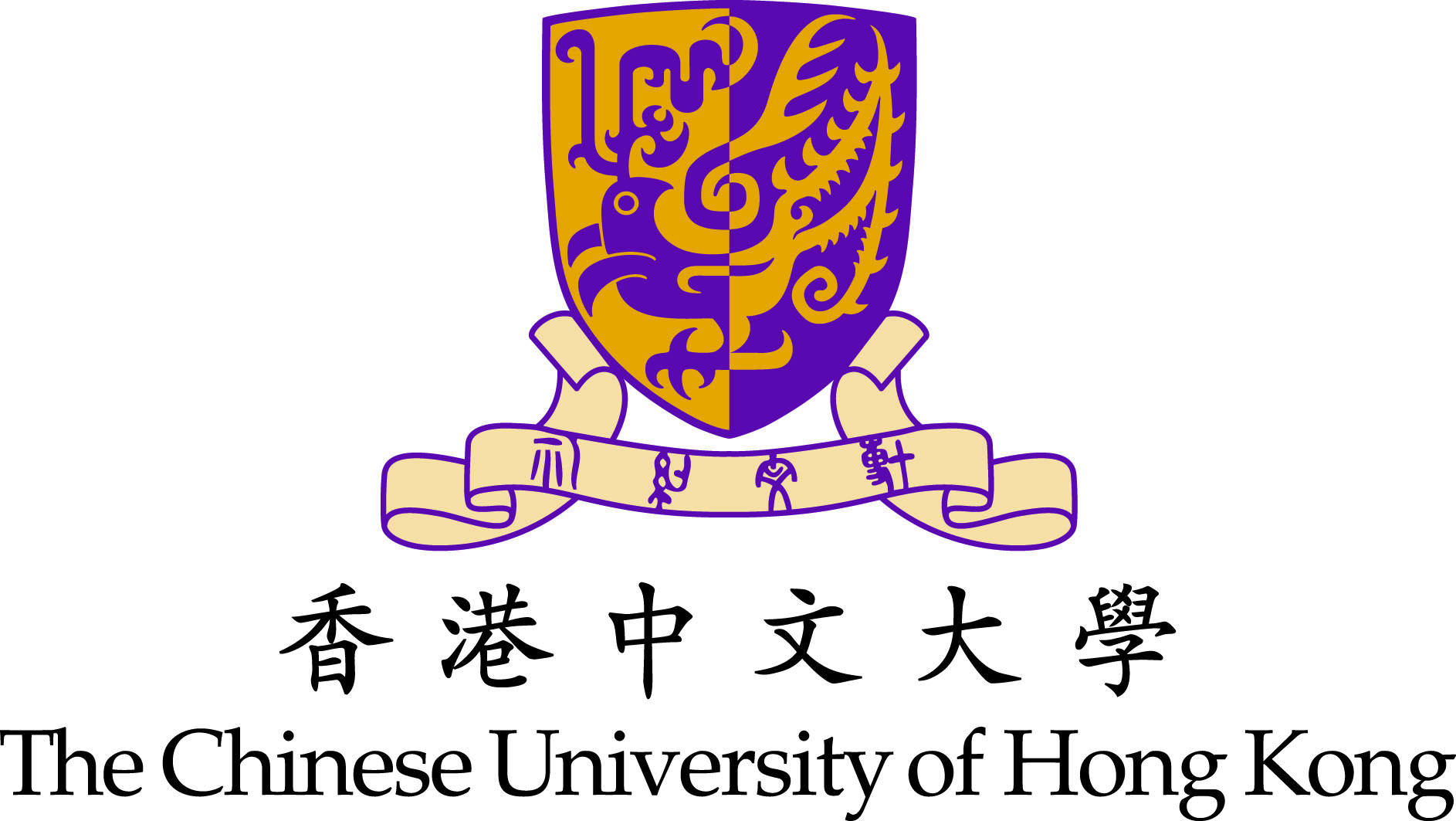Forum on Social Determinants of Health Inequality and COVID-19

Researchers of The Chinese University of Hong Kong (CUHK) Institute of Health Equity (IHE) shared their insights in a public forum entitled “Social Determinants of Health Inequality: What are the lessons of COVID-19 in Hong Kong and around the World?” held on 2 June 2020. The forum, conducted in ZOOM, was co-organized by The Hong Kong Chapter of the United Nations' Sustainable Development Solutions Network and Office of University General Education of CUHK.
The first speaker was Prof. Roger Chung, Associate Director of IHE, who introduced to the audience basics of health equality/equity, socioeconomic gradient in health, and social determinants of health. After covering the brief history and development of the works on social determinants of health, an illustration on how social determinants of health can be used for policymaking in a national or local context was made with The Marmot Review (2010) in the UK. Key studies in Hong Kong were then highlighted to demonstrate health inequalities in Hong Kong across different types of health outcomes, and how pre-existing health inequalities were exacerbated due to the COVID-19 situation around the world.
Prof. Wong Hung, Associate Director of IHE, elaborated on how social inequalities led to health inequalities and how COVID-19 made vulnerable groups even more vulnerable. Using statistics and studies in Hong Kong as evidence, it was revealed that COVID-19 worsened economic performance, increased unemployment and underemployment, which resulted in significant decrease in family income. Children in poorer families living in small units faced more stress due to lack of space for study and activities, and experienced more learning difficulties without sufficient online and computer facilities. Homeless people were hard hit by the reduced support in facilities and network due to COVID-19 and public health measures that prohibit group gathering.
Lastly, Dr. Fan Ning, Research Associate of IHE, shared how people in lower social class including the working poor and ethnic minorities, street cleaners, security guards, frontline workers in social services sector, transport industry, food industry and delivery services in Hong Kong, were badly affected by COVID-19 since January 2020. In particular, two systemic weaknesses in public health and social system were discussed. First, community resilience power is relatively weak as most resources were put in the hospital settings. The above mentioned groups suffered most when surgical masks and sanitizers became essential items, home office and social distancing became the norm, and economic downturn was inevitable. Factors like health literacy, language barrier, accessibility to accurate information, undesirable living condition, poor support in working condition and cut down in household income will affect food security and other household expenditures. Second, Hong Kong does not have a strong primary care system. When public services are locked down, people in lower social class need to obtain essential health services by paying more through private sector. In reality, they will be left out of the system with delay in health care seeking and disruption of the continuity of care. Dr FAN suggested that it is necessary to make systemic changes that target the social determinants of health in order to tackle the health inequity situation. These changes may include but are not limited to: (1) investments in public health outside of the traditional clinical care and healthcare services; (2) a Health in All policy to be adopted by the authority; (3) inter-sectoral efforts at the civil society and government levels must be made to achieve the Sustainable Development Goals in order to reduce health inequity; and (4) strengthening of the primary care system in Hong Kong.
The talks were followed by fruitful discussions with the audience who raised questions and comments.






